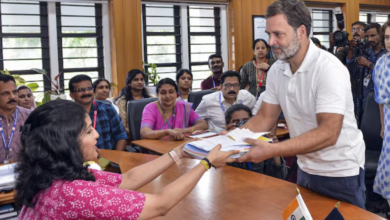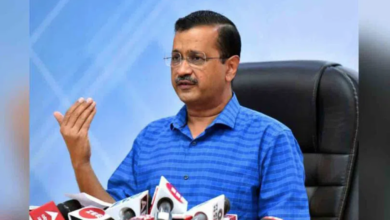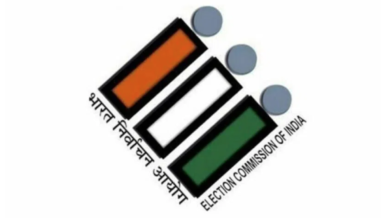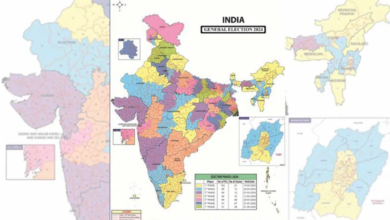Why is BJP not bringing Uniform Civil Code across the country: Kejriwal in poll-bound Gujarat
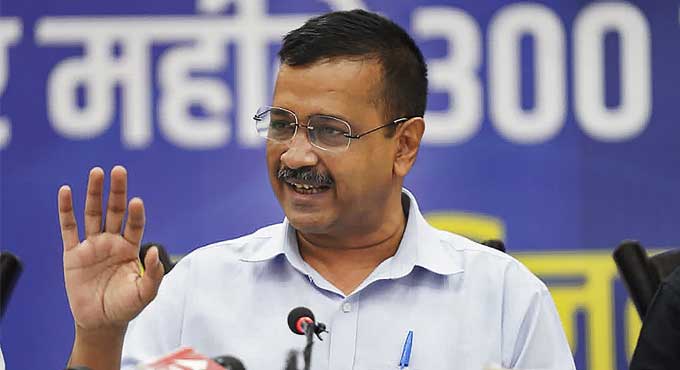
The Bharatiya Janata Party (BJP) has come under the attack of opposition parties after Gujarat Home Minister Harsh Sanghavi announced on Saturday that the cabinet has decided to form a committee for implementation of the Uniform Civil Code (UCC) in the state.
After AIMIM chief Asaduddin Owaisi , Delhi Chief Minister Arvind Kejriwal also hit out at the BJP over the implementation of UCC in Gujarat. Posing a question to the government, he said, “Why is the BJP not bringing UCC across the country?”
The AAP chief said, “The intention of the BJP is bad. Article 44 of the Constitution clearly states that it is the responsibility of the government to enforce UCC. So, the government should make a Uniform Civil Code.”
UCC should be brought after the consent of all communities and by taking everyone in confidence, Delhi CM said, addressing a press conference in Bhavnagar.
Arvind Kejriwal and his Punjab counterpart Bhagwant Mann will jointly address two rallies in Palitana town of Bhavnagar and Dhoraji in Rajkot district on Sunday, PTI reported.
“What did the BJP do before the Uttarakhand elections? It formed a committee and after winning the state election, nothing was done. In poll-bound Gujarat, a committee has been formed and here also nothing will be implemented,” the AAP chief said.
He said, “Is BJP waiting for the 2024 Lok Sabha election to implement the code?”
The Gujarat cabinet will move a proposal to constitute a committee, similar to the one in Ukkrakhand, under a retired high court judge, to evaluate all aspects of Uniform Civil Code implementation, sources told India Today. The committee will submit a report to the government based on which a decision will be taken on the implementation of UCC.
WHAT IS UCC?
The Uniform Civil Code, which comes under Article 44 of the Constitution of India, proposes to introduce personal laws that would apply to all citizens equally, irrespective of their religion, gender, caste, etc. The UCC essentially refers to a common set of laws governing personal matters such as marriage, divorce, adoption, inheritance, and succession.
Article 44 states, the state shall endeavour to secure for the citizens a uniform civil code throughout the territory of India. However, since the article comes under the directive principles of state policy, they are regarded as only guidelines and it is not mandatory to use them.
At present, the personal laws of various communities are largely governed by their religion. Personal laws are those that govern people based on their religion, caste, faith, and beliefs.

